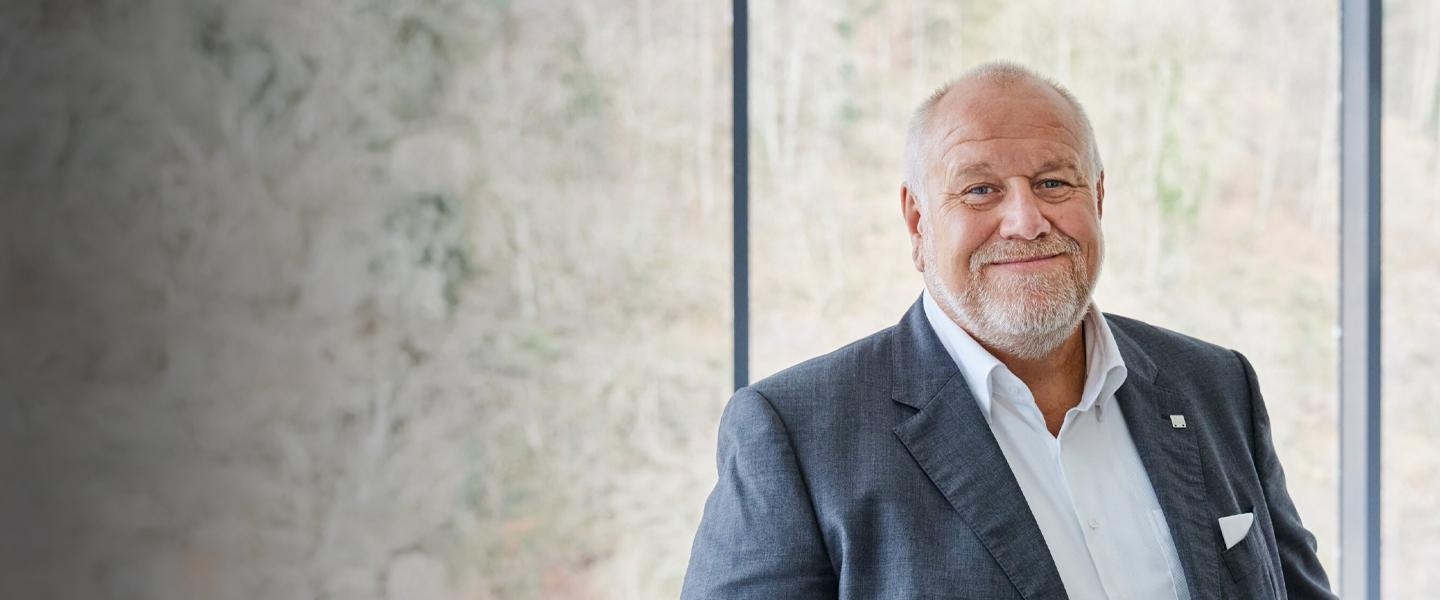Biolite: Innovative design for global solutions
BioLite started out as an evening and weekend project for two men who wanted to design a more efficient camping stove. From those humble beginnings grew a company that has won accolades and attention for its innovative design. BioLite’s stove could potentially improve the lives of millions of people worldwide while combatting global climate threats. With its roots in sustainable design, the company has become a social enterprise dedicated to finding a market-based solution to the range of problems caused by the open fires that millions of people rely on for cooking and heating their homes. A unique feature of BioLite’s business model is its dual-innovation streams: The lessons and innovations gleaned from testing its HomeStove prototypes in developing countries like Ghana, Uganda and India are then adapted to create products that can be sold to the European and North American recreational markets. The revenues from sales in developed markets can then support the company, be reinvested in new research and help incubate its efforts in developing countries until those fledgling markets become self-sustaining. However, BioLite is at a transitional stage, having completed much of its field-testing, it has an adaptable and well-accepted HomeStove design. At the end of the case, the future viability of BioLite’s proposed model is brought into question given the complexities of successfully selling its product in a developing country.
The BioLite case could be used in several subject areas as it incorporates elements of entrepreneurship, business strategy and corporate social responsibility/sustainability. Of particular interest is the way BioLite has combined design and strategic thinking to embed sustainability and transformational values into its core business strategy. Therefore, it is applicable for use in undergraduate, MBA level or executive courses.
2013-2014
Cranfield University
Wharley End Beds MK43 0JR, UK
Tel +44 (0)1234 750903
Email [email protected]
Harvard Business School Publishing
60 Harvard Way, Boston MA 02163, USA
Tel (800) 545-7685 Tel (617)-783-7600
Fax (617) 783-7666
Email [email protected]
NUCB Business School
1-3-1 Nishiki Naka
Nagoya Aichi, Japan 460-0003
Tel +81 52 20 38 111
Email [email protected]
IMD retains all proprietary interests in its case studies and notes. Without prior written permission, IMD cases and notes may not be reproduced, used, translated, included in books or other publications, distributed in any form or by any means, stored in a database or in other retrieval systems. For additional copyright information related to case studies, please contact Case Services.
Research Information & Knowledge Hub for additional information on IMD publications

Despite massive investments, sustainable business still isn't very profitable for most companies. Here's a fresh approach for resetting sustainability for customer value—and profitability. Store aisles packed with products labelled "environmentall...

Using AI maturity models as diagnostic tools allows organizations to build a successful digital transformation strategy that includes both speed and effectiveness.

How people engage with you is shaped by your brand.

Family ownership, strategic paranoia, and integrated sustainability: Matthias Altendorf on future-proofing global market leader Endress+Hauser.

Many of us still equate gaming with dudes playing video games like Grand Theft Auto in a basement. In fact, almost three and a half billion people globally play games today, which is why every organization needs a gaming strategy.

How China’s innovation system strategy is built for speed and scale, the trade-offs it makes, and what executives must know beyond US-China tech rivalry.

BYD overtook Tesla through battery mastery, vertical integration and sequential capability building, reshaping the global EV market in 2025.

Longevity must serve society and the planet. Julia Binder argues for healthier lives for all, shifting the focus from elite life extension to sustainable systems.
This technical note presents the Flywheel Portfolio Framework, a systematic approach for diagnosing and managing the reinforcing cycles that drive organizational performance. Building on Jim Collins's flywheel concept from Good to Great, the frame...
This technical note presents the Flywheel Portfolio Framework, a systematic approach for diagnosing and managing the reinforcing cycles that drive organizational performance. Building on Jim Collins's flywheel concept from Good to Great, the frame...
Research Information & Knowledge Hub for additional information on IMD publications
in I by IMD
Research Information & Knowledge Hub for additional information on IMD publications
in I by IMD
Research Information & Knowledge Hub for additional information on IMD publications
Research Information & Knowledge Hub for additional information on IMD publications
Research Information & Knowledge Hub for additional information on IMD publications
Research Information & Knowledge Hub for additional information on IMD publications
Research Information & Knowledge Hub for additional information on IMD publications
in I by IMD
Research Information & Knowledge Hub for additional information on IMD publications
Research Information & Knowledge Hub for additional information on IMD publications
Research Information & Knowledge Hub for additional information on IMD publications

